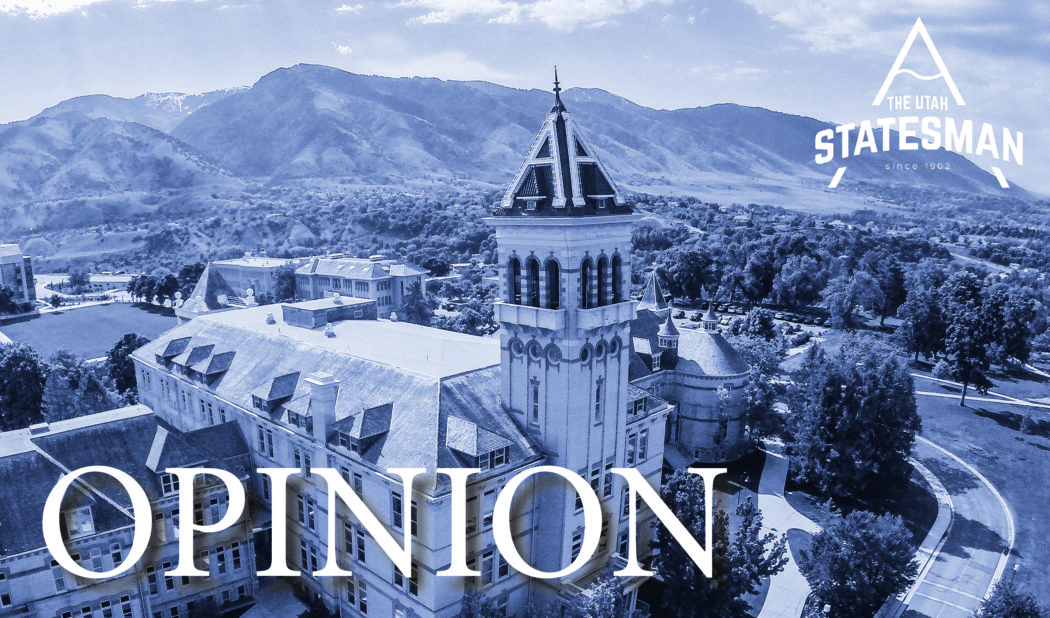COLUMN: Stereotypes — Making sense of a crazy world
To submit a response to this column, or submit a letter to the editor on a new topic, email your submission to opinion@usustatesman.com.
We can’t comprehend how everything in the world works; we still find ways to grapple with a complicated world. One way we do this is by processing and organizing the people, places, and things in our lives. Whether it’s a metal filing cabinet full of color-coded folders or a friend “Kondo-ing” their apartment, we see results of our efforts to organize the world around us.
“The human compulsion to group people and objects together was ingrained in our being since we evolved,” said Charlie Caruso, a businesswoman and author. “We need to group things, group the dangerous and unknown from the ‘safe to eat’ or the ‘it won’t eat you’ categories. Without the ability to categorize these threats, our ancestors wouldn’t have survived.”
But what happens when we rely on these categorizations to understand people, though?
While labeling allows us to process the world more easily, it also simplifies how we view the things being labeled — including human beings.
This oversimplification can result in stereotyping, but people are not stagnant objects. We grow in different areas throughout life and we become different as we have different experiences.
Labels do not allow for growth. They simplify a person down to a word and don’t allow for any variance.
We see results of labels in many places. It can be seen in the women’s suffrage and civil rights movements of the nineteenth century as groups of people fought to break from the labels that had been placed upon them for centuries.
Today, we see and hear labels applied to our generation on social media sites and cable news all the time, such as “snowflakes” or “millennials.” Even terms like “republican” and “democrat” are types of destructive labels in today’s political atmosphere.
Labeling people brings with it a high-school-clique type of atmosphere, where athletes and band kids have certain molds to fill, and it is seen as weird if people in these groups do anything “out of the ordinary.”
Labeling others or ourselves, whether it be based on race, sexual orientation, age or socioeconomic status, keeps us from seeing and understanding the complexity of the individual pinned underneath that label. It keeps people from progressing in life, something we all want and need. People are messy subjects, and are not meant to be placed in neat, tidy boxes with printed, permanent labels.
The only label that we should always remember to stick to ourselves and others is that of a human being. We each have layers of immense complexity and do not deserve to be limited by a label we place on ourselves or others. I hope that we can strive to view others, especially those we don’t easily relate to, for who they really are deep down.
We can’t simplify a person and their diverse experiences down to an easy-to-digest label that sits well in our framework of thinking. Rather, we must consistently strive to see each other as fellow human beings trying to make sense of this crazy world. Doing so will create more thoughtful policy, greater humanity and kindness for others.
In a world as confusing and complex as ours, that is what we need.
Alek Nelson is a sophomore studying journalism, music, and computer science and writes for the student life section of The Statesman. His favorite superhero is Mr. Fred Rogers and his life goal is to be in California schmoozing Dinoco.

